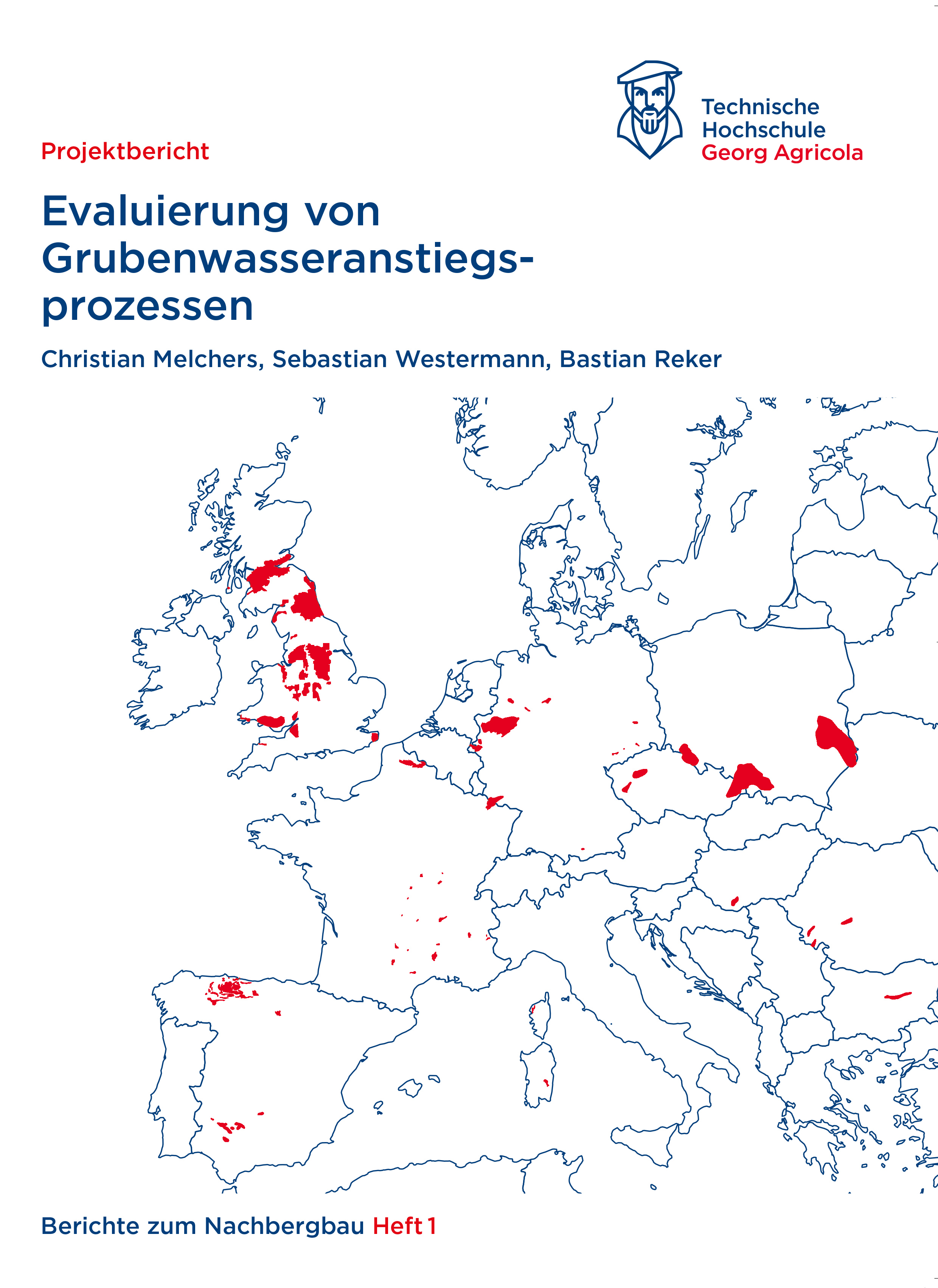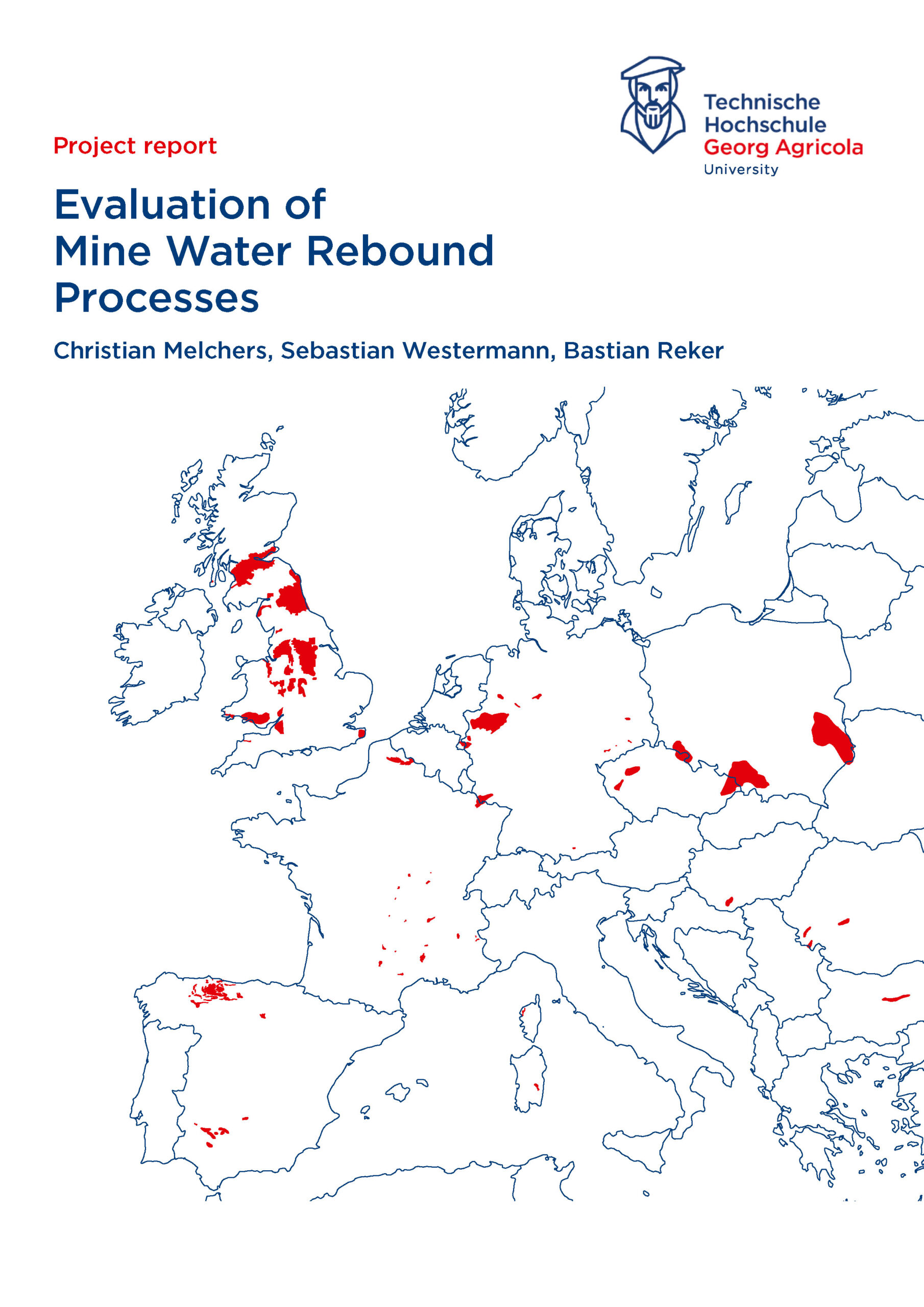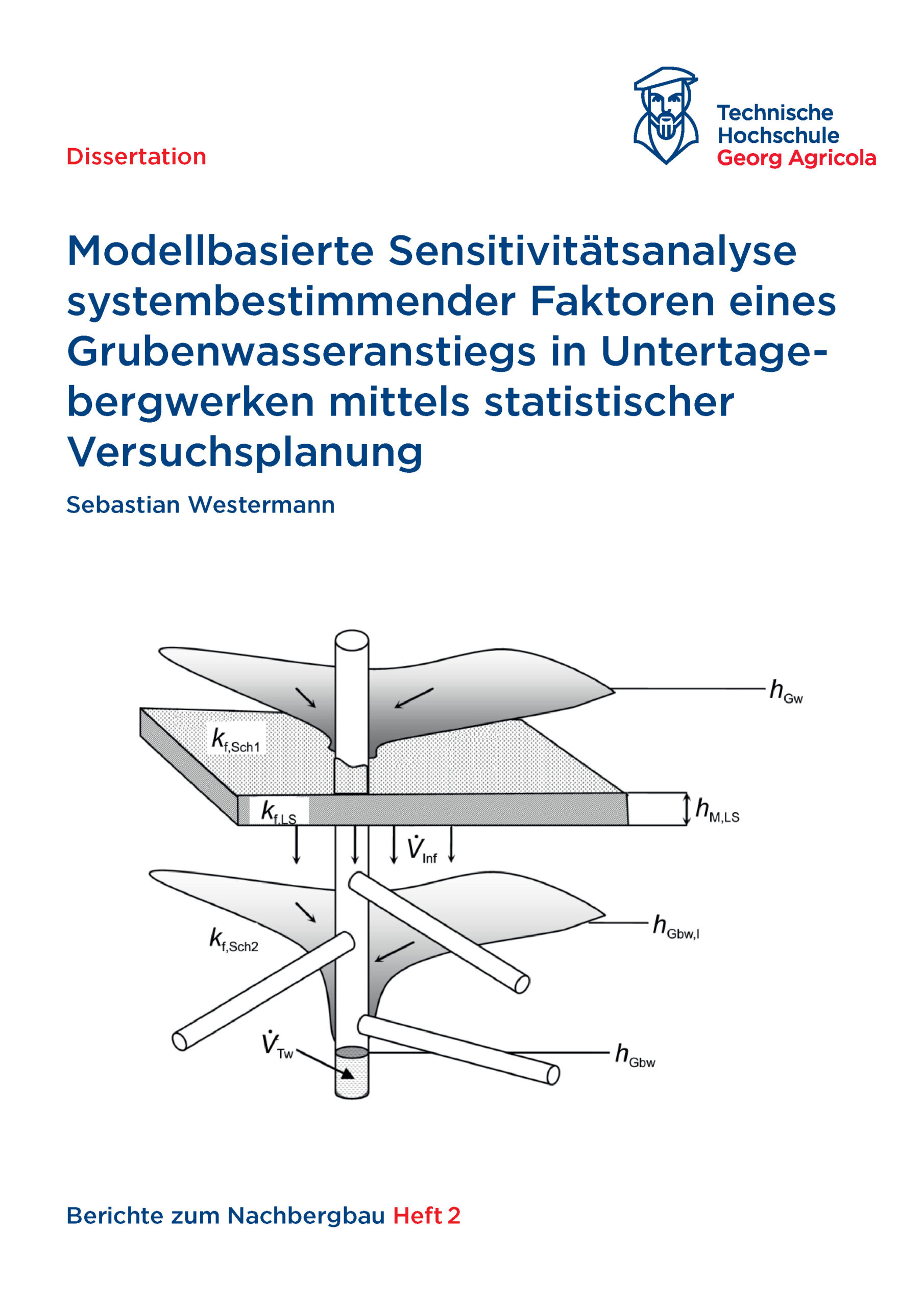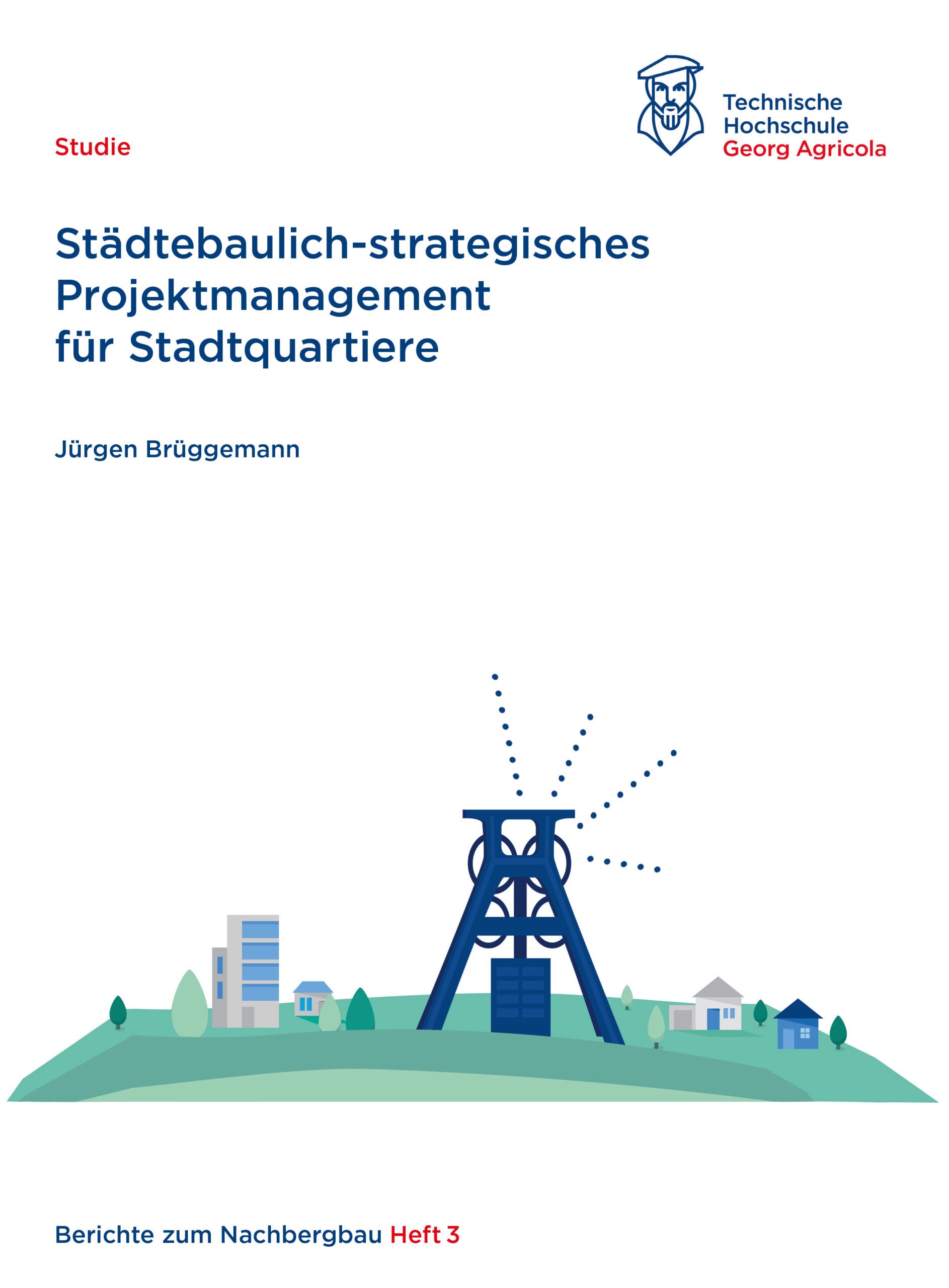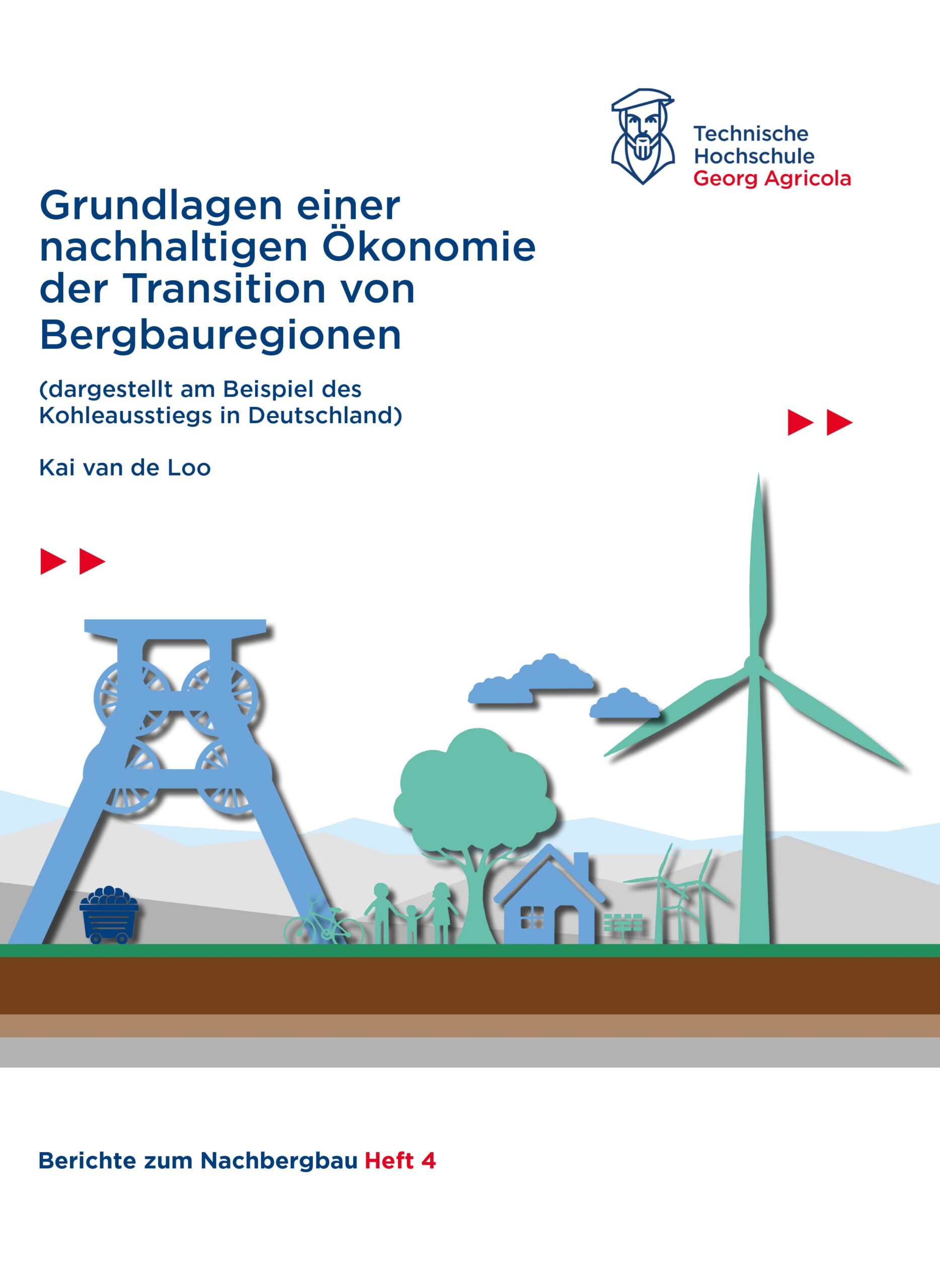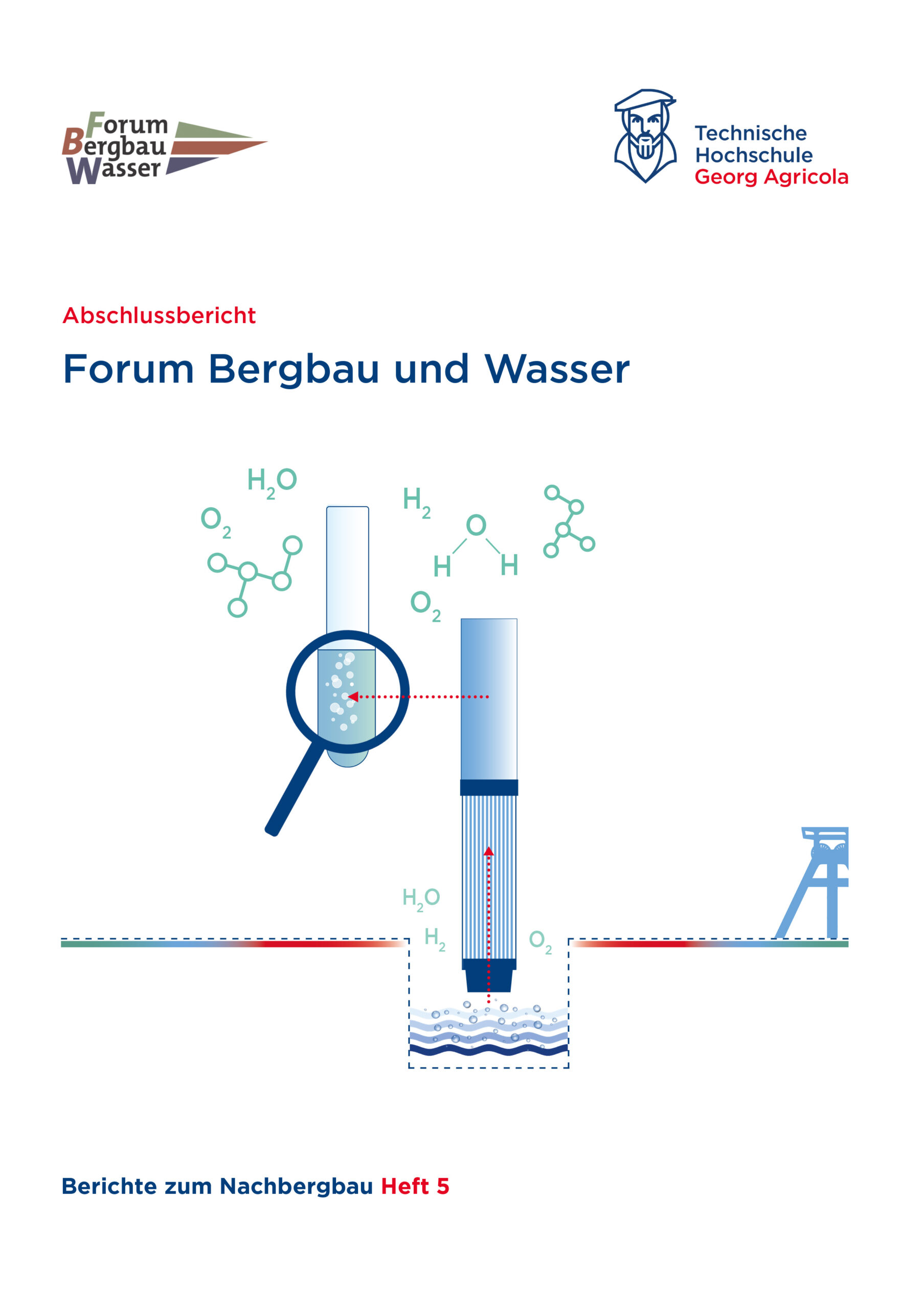Sustainable mine water management is one of the key tasks in the post-mining era. This project report compiles the diverse experiences gained with the long-term and environmentally compatible management of mine water in selected former European coalfields. The respective hydrogeological, mining- and water management aspects are systematically evaluated in the context of the mine water rebound process; site-specific features are highlighted. The insights help to illustrate the mine water rebound process and thus create a deeper understanding of it. (German version, English translation available below)
English translation available:
Evaluation of Mine Water Rebound Processes
Sustainable mine water management is one of the key tasks in the post-mining era. This project report compiles the diverse experiences gained with the long-term and environmentally compatible management of mine water in selected former European coalfields. The respective hydrogeological, mining- and water management aspects are systematically evaluated in the context of the mine water rebound process; site-specific features are highlighted. The insights help to illustrate the mine water rebound process and thus create a deeper understanding of it.
Volume 2:
Model-Based Sensitivity Analysis of System-Determining Factors
An increase of mine water level is a complex process that is driven by a large number of factors. This report provides an overview of the key natural and anthropogenic influencing factors. Using three underground mines as an example, it determines how strongly selected factors affect the rise of mine water and transfers these findings to other locations. The results provide a contribution to actively shaping the mining life cycle and planning the post-mining phase with the future in mind. (In German only)
Volume 3:
Strategic Urban Development Project Management for City Districts
How should strategic urban development project management be designed in order to navigate the development of city districts in former mining communities? This question is addressed in Jürgen Brüggemann's report. In addition to setting out the challenges for neighborhood development, he identifies and compares planning instruments and action models. The tiered management model developed in this study shows how public-law procedures, private-sector interests and the interests of the public can be interrelated in order to plan and manage urban development in a transparent and dynamic manner. (In German only)
Volume 4:
Foundations of a Sustainable Economy for the Transition of Mining Regions (Using the Example of the Coal Phase-Out in Germany)
Mining regions undergo a complex transition process in shifting to a post-mining era. What requirements must be met for such a transition to be in line with an ecology that is committed to sustainability? The aim of this report by Prof. Dr. Kai van de Loo is to outline and evaluate these requirements. To this end, he applies the 15 management rules for the implementation of an economy based on the principles of sustainability established by Holger Rogall, professor of Sustainable Economics, to the coal phase-out in Germany. Van de Loo examines the extent to which the economic consequences of the coal phase-out meet the requirements of sustainable economics and where adjustments should be made if necessary. (In German only)
Volume 5:
Final Report of the “Forum Bergbau und Wasser”
Since its establishment in 2017, the non-profit foundation "Forum Bergbau und Wasser" (Mining and Water Forum) has been funding research projects that deal with the opportunities and risks of rising mine water levels in German coal mining areas. Its task is to study the ecological and economic consequences of rising mine water levels in the affected regions and the parameters that are important for sustainable mine water management. The findings are to be made available to both experts and the interested public. This final report from 2023 provides an overview of the scientific findings obtained and the knowledge transfer initiatives launched during the five-year term of the foundation. (In German only)


